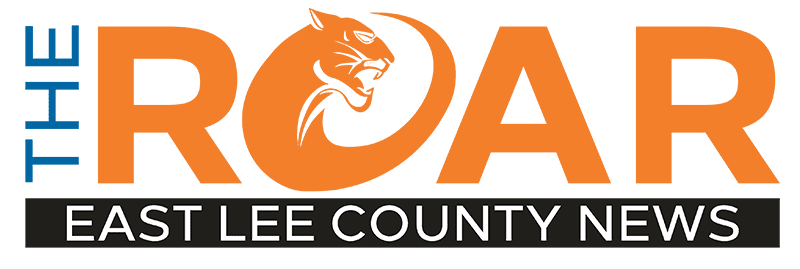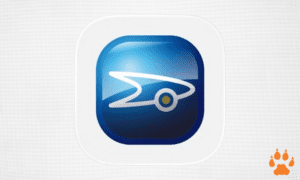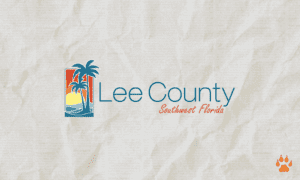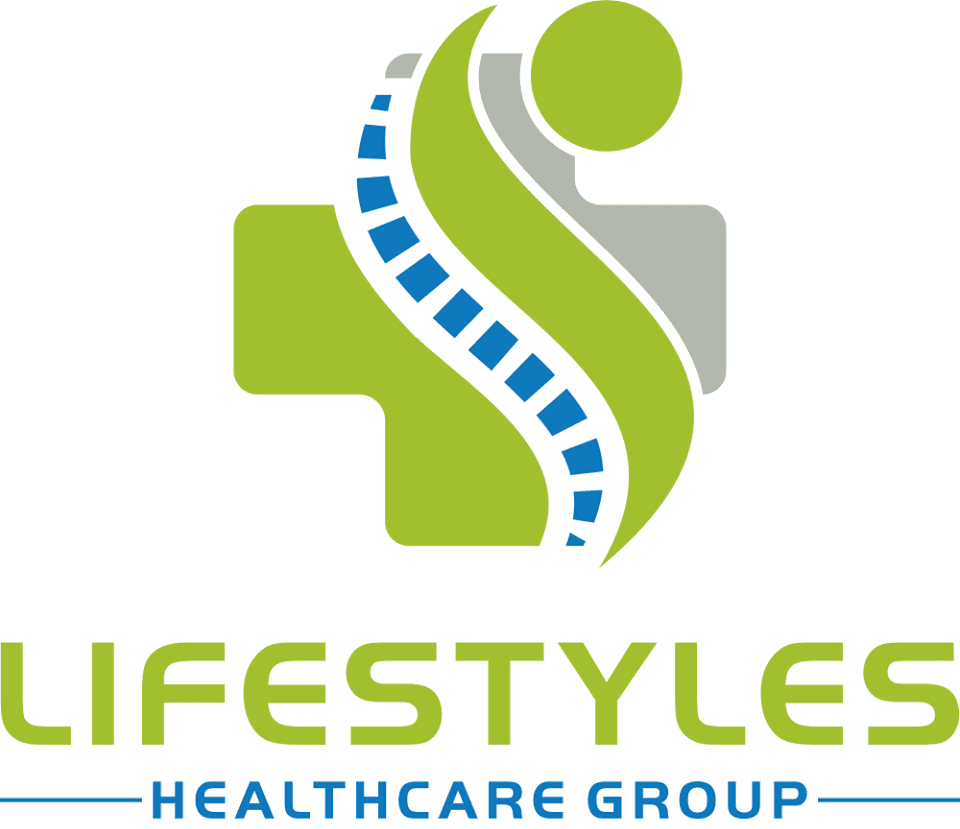Submitted By: Daniel Eaton
Coast Guard Auxiliary States 406 Mhz Beacons Save Lives
Picture yourself out on the water, fishing near the “Towers” in pretty deep water, about 80 feet deep, and you’re a good 20 miles away from shore. You look around and all you can see is water, no land in sight. Suddenly, your boat starts taking on water, and to make matters worse, you realize you’ve got no cell phone signal, and even your VHF radio is acting up.
Now, imagine there’s this group called the National Safe Boating Council (NSBC) who are spreading the word about these special gadgets called 406 MHz beacons through their Saved by the Beacon campaign. These beacons are like a lifeline in emergencies at sea.
Rachel Johnson, who’s in charge at NSBC, says these gadgets are super important because they can literally save your life. They work by sending out signals that satellites pick up, helping search and rescue teams find you quickly.
The NSBC’s have all sorts of resources to help people understand why they need these beacons. They have books, posters, and even videos that explain how to use Emergency Position Indicating Radio Beacons (EPIRBs) for your boat or Personal Locator Beacons (PLBs) for yourself. You can find all this stuff on their website, SavedbytheBeacon.com.
In these videos, folks like Scott Smiles, John Silverwood, and David Hope share their stories of being saved by these beacons. These guys went through some tough times, but because they had their beacons, they were rescued.
The NSBC wants to remind everyone to register their beacons with NOAA so they’re ready to use when needed.
They worked with some other organizations to put all this together, and they’re thankful to everyone who helped out. You can check out all the resources on their website at SavedByTheBeacon.com
Boaters may visit Moss Marina at 26°27’23.”N, 81°57’20.”W in Matanzas Pass or request a free vessel safety check, online at http://www.aux91fmb.org or by calling 239-690-6780.
National Safe Boating Week runs from May 18th to May 24th. This is an important annual campaign that aims to raise awareness about safe boating practices and the importance of wearing life jackets while boating.
The US Coast Guard Auxiliary is the lead agency in recreational boating safety, protecting America’s seaward frontier. Created by Congress in 1939, the Coast Guard Auxiliary is the uniformed civilian component of the U.S. Coast Guard, supporting the Coast Guard in nearly all mission areas. Every day, vessels and aircraft deploy across the U.S. to aid or save countless boaters and dollars in property damage. Learn more at www.CGAUX.org







